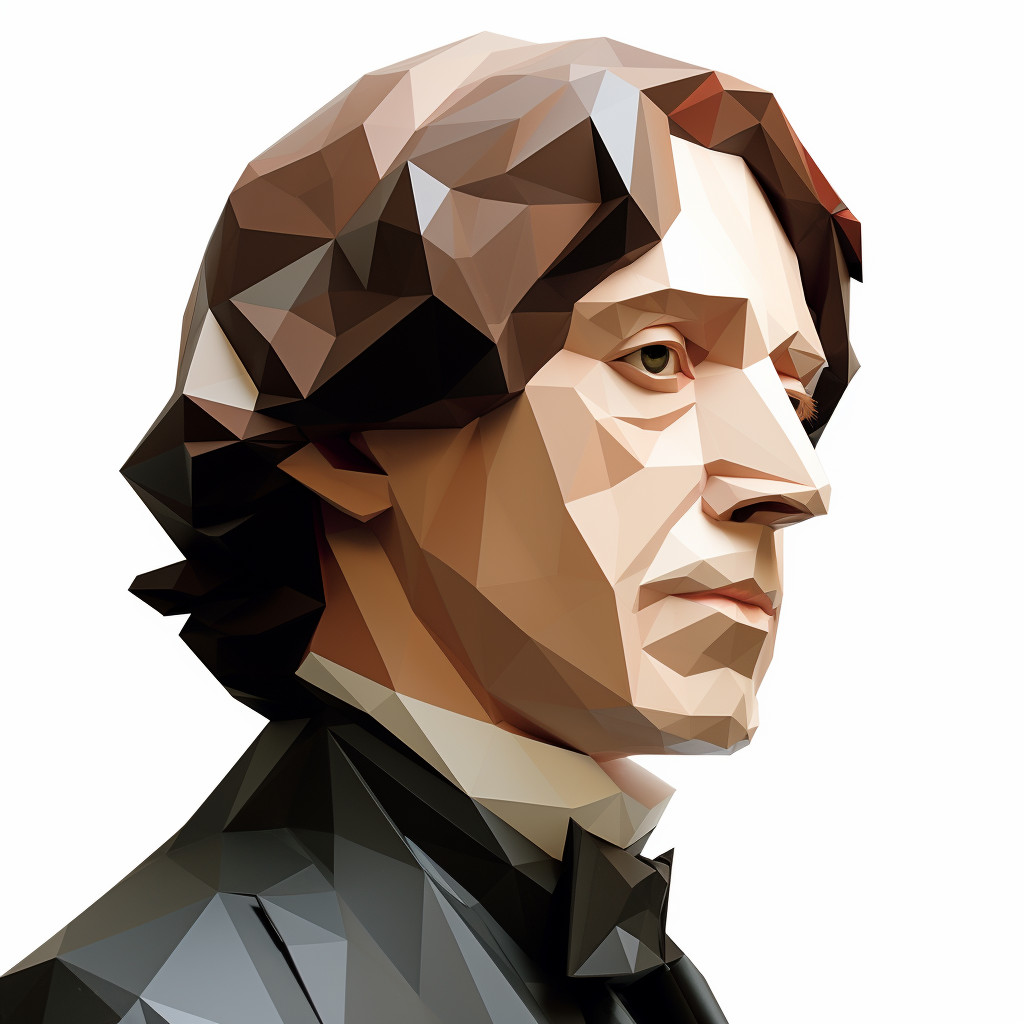This quote suggests that the true value of art lies not in the factual knowledge or specific skills we can gain from it, but in the transformative experience it provides. Art, according to this perspective, acts as a mirror, reflecting our inner selves, our emotions, our fears, and our hopes. It challenges our perceptions, encourages us to question our beliefs, and pushes us to explore new ideas and perspectives. This transformative process is what shapes us and helps us grow as individuals.
The phrase “what we become through it” implies that the interaction with art is an ongoing, dynamic process that influences our personal development. Each encounter with art, whether it’s a painting, a piece of music, a novel, or a film, leaves a trace in our minds and hearts, gradually shaping our personality, our worldview, and our way of relating to others and to the world around us.
In today’s world, this idea is particularly relevant due to the omnipresence of digital art forms, such as movies, music, digital visual art, video games, and so on. These forms of art, like traditional ones, have the power to influence our thoughts, feelings, and attitudes, and thus play a significant role in our personal development. For instance, a movie that deals with social issues can make us more aware and empathetic towards the struggles of marginalized groups. A piece of music can help us process our emotions and cope with stress or grief. A video game can challenge our problem-solving skills and stimulate our creativity.
Moreover, this quote also suggests that the process of creating art can be a powerful tool for personal growth. Whether it’s painting, writing, playing an instrument, or any other form of artistic expression, the act of creating something can be a form of self-discovery, helping us understand our feelings, confront our fears, and express our thoughts in a unique and personal way. It can also foster resilience, as it often involves dealing with criticism, overcoming obstacles, and persisting in the face of failure.
In conclusion, the transformative power of art, both as a consumer and as a creator, is a valuable resource for personal development in today’s complex and rapidly changing world.




